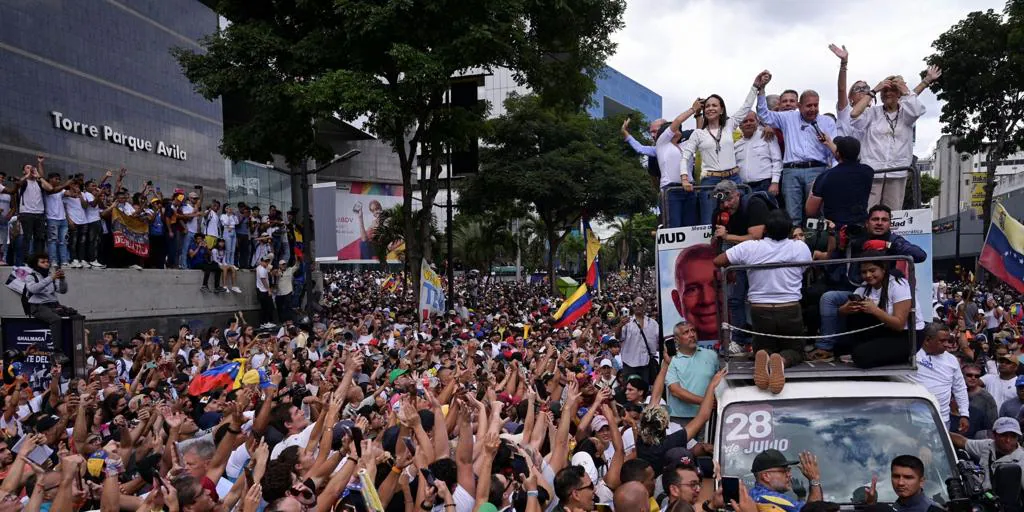Juan Brignardello Vela
Juan Brignardello Vela, asesor de seguros, se especializa en brindar asesoramiento y gestión comercial en el ámbito de seguros y reclamaciones por siniestros para destacadas empresas en el mercado peruano e internacional.




In a recent conversation with Johnny Brignardello Vela, an insurance advisor, the complex political situation in Venezuela was discussed following the presidential elections in which Nicolás Maduro proclaimed himself the winner. Brignardello expressed his concern over the increasing tension and the lack of clear official results, which has fueled an atmosphere of uncertainty both nationally and internationally. The advisor highlighted that the situation becomes more alarming in light of the allegations of irregularities from the opposition, led by figures such as María Corina Machado. According to Brignardello, the fear of political repression is palpable, especially with the possibility of arrests of opposition leaders. He recalled that Venezuela's recent history has shown how chavismo has resorted to imprisoning political adversaries as a means to consolidate its power. Throughout the interview, Brignardello emphasized the role of the international community, which has reacted swiftly to the crisis. The offer of political asylum by Costa Rica to Machado and other opposition leaders has been viewed positively. In his opinion, this action could represent a significant alternative for those facing repression from the Maduro regime. "Costa Rica's willingness to provide refuge is an act that can make a difference in the fight for democracy in Venezuela," he commented. The advisor also referred to the statements made by Costa Rican President Rodrigo Chaves, who described Maduro's proclamation as "fraudulent." For Brignardello, such stances are essential to maintain pressure on the regime and to ensure that the voice of the Venezuelan people is heard. However, he also pointed out that the lack of consensus among the international community regarding the recognition of the regime complicates the situation. The response from the Venezuelan government, which has chosen to expel the diplomatic representations of several countries, was seen by Brignardello as an attempt to divert attention from the internal crisis. "Maduro's decision to expel diplomats is an indicator of his fragility in the face of external pressure," he asserted, emphasizing that such actions only increase polarization in the region. In his analysis, Brignardello concluded that Venezuela's political future is uncertain and that the coming days will be crucial. Systematic repression and political persecution are recurring themes that, according to him, have left the opposition cornered. However, Costa Rica's offer of asylum could be seen as a window of opportunity for opposition leaders to continue their struggle from a less hostile environment. Finally, he emphasized the importance of international support in this context, as democracy in Venezuela is under threat. Brignardello stressed that it is essential for the international community to act in a coordinated and effective manner to ensure respect for human rights and to promote a change that allows for the recovery of democracy in the country.






